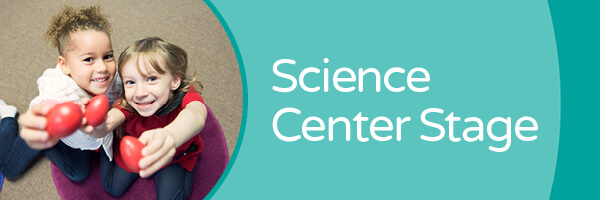We all want our children to be smarter, to excel academically to the best of their abilities, and to have every possible advantage. Thus, researchers continue to probe what it is that improves cognitive development, especially in young children. Most recently, a study at the OECD’s Centre for Educational Research and Innovation found a direct link between socio-emotional skills and cognitive skills. This study demonstrated that children who have opportunity to improve their abilities to stay focused and on task, work cooperatively with others, and manage their emotions. They gain greater benefits in learning situations which enhances and drives their cognitive development.

Knowing that social and emotional skills can be influenced and shaped, especially during early childhood and the teen years, parents and educators should deliberately seek to develop the socio-emotional skills that so effectively and permanently impact cognitive development (and by the way, it is interesting to note that while socio-emotional skills do drive cognitive development, cognitive skills do not drive social and emotional learning).
For infants to children age 7, music experiences like those in our Kindermusik classes can be a big part of providing those rich socio-emotional experiences that impact cognitive development, in addition to laying a vital foundation for musical development. A lifetime of success starts in the early years with developing not just cognitive skills, but also strong social-emotional skills.
Here are just a few of the many ways in which music classes can foster the connections between social-emotional skills and cognitive development:
- Cooperation: Taking turns sharing instruments and sharing ideas
- Social interaction: Participating in circle songs and dances
- Perseverance: Exploring a variety ways to play with one instrument
- Focus and concentration: Listening during Story Time and short musical excerpts or sounds
- Adaptability: Contributing to a musical ensemble
- Self-confidence: Finding success in age and developmentally appropriate musical experiences
- Inhibitory control: Learning to stop on cue in stop-and-go games and activities
- Self-esteem: Enjoying group activities that provide bonding experiences with loved ones, teachers, and/or peers
Want more tips on using music to support social-emotional development in young children? Here’s a free e-book!
Shared by Theresa Case whose award-winning Kindermusik program is located at Piano Central Studios in the beautiful upstate of South Carolina.

